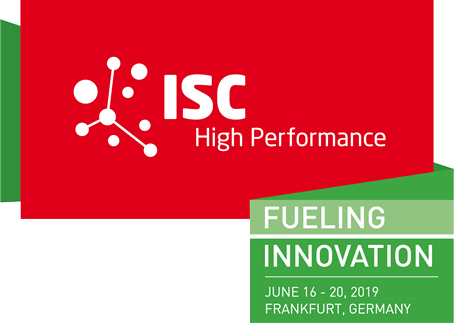Presentation
Better Scientific Software
Event Type
Tutorial

Scientific Software Development
TimeSunday, June 16th2pm - 6pm
LocationKonstant
DescriptionThe computational science and engineering (CSE) community is in the midst of an extremely challenging period created by the confluence of disruptive changes in computing architectures, demand for greater scientific reproducibility, and new opportunities for greatly improved simulation capabilities, especially through coupling physics and scales. Computer architecture changes require new software design and implementation strategies, including significant refactoring of existing code. Reproducibility demands require more rigor across the entire software endeavor. Code coupling requires aggregate team interactions including integration of software processes and practices. These challenges demand large investments in scientific software development and improved practices. Focusing on improved developer productivity and software sustainability is both urgent and essential.
This tutorial will provide information about software practices, processes, and tools explicitly tailored for CSE. Goals are improving the productivity of those who develop CSE software and increasing the sustainability of software artifacts. We discuss practices that are relevant for projects of all sizes, with emphasis on small teams, and on aggregate teams composed of small teams. Topics include effective models, tools, and processes for small teams (including agile workflow management), reproducibility, and scientific software testing (including automated testing and continuous integration).
This tutorial will provide information about software practices, processes, and tools explicitly tailored for CSE. Goals are improving the productivity of those who develop CSE software and increasing the sustainability of software artifacts. We discuss practices that are relevant for projects of all sizes, with emphasis on small teams, and on aggregate teams composed of small teams. Topics include effective models, tools, and processes for small teams (including agile workflow management), reproducibility, and scientific software testing (including automated testing and continuous integration).
Content Level 45% beginner, 45% intermediate, 10% advanced
Target AudienceWe target scientific software developers, their leaders/managers, and funders. Developers at any career stage should benefit. Content skews toward early/mid-career, but experienced developers report learning new things and appreciating a refresher. We focus on small teams, observing that larger teams are typically multiple smaller teams with looser coordination.
PrerequisitesTo participate in the hands-on activities, students should have a computer capable of accessing the internet and a web browser. Some activities will utilize GitHub, so students should have or be willing to create a GitHub account. For the code coverage activity, access to a unix shell with the GNU Compiler Collection installed would be beneficial (network access is fine), but not strictly necessary, since we make a copy of the generated coverage report available online as well.



